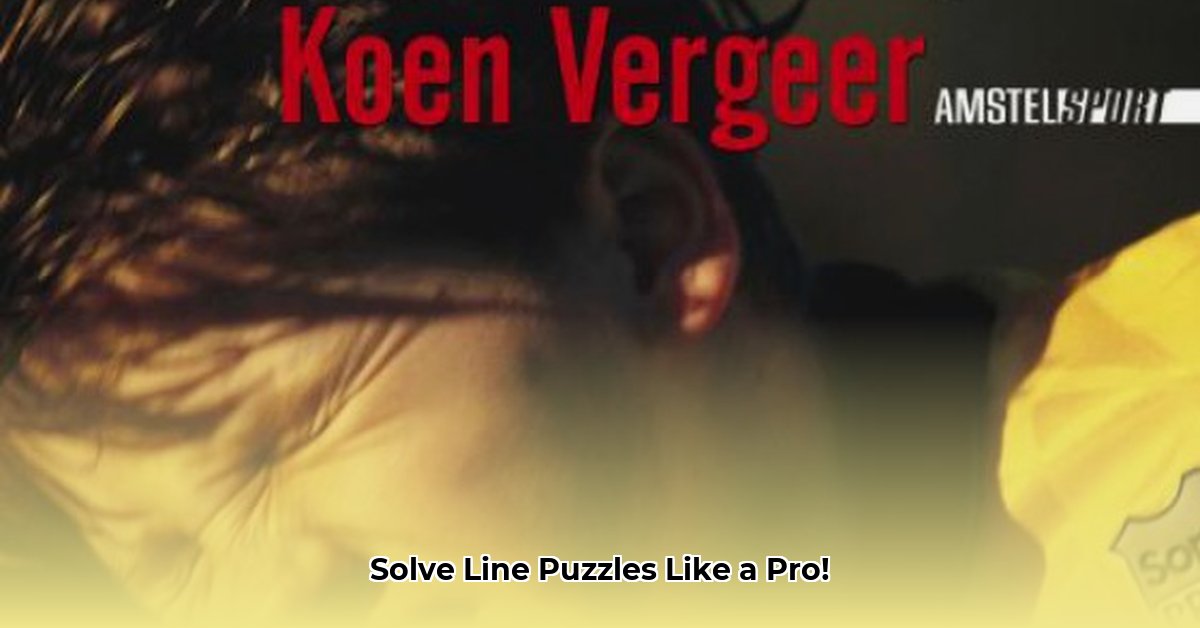
Neemt Men Vaak In Eigen Hand Langs De Lijn: Unpacking the Dutch Word Puzzle
Eish, those Dutch word puzzles can be tricky, ja? But fear not, this guide will equip you with the skills to crack them like a pro. We'll use the example puzzle, "Neemt men vaak in eigen hand langs de lijn," to illustrate the techniques. The answer is "RECHT" (meaning "right," "justice," or "law"), but it's the journey to that answer that’s truly insightful. This isn't just about finding the right word; it's about understanding the cultural nuances within the language.
Deconstructing the Clue: A Step-by-Step Approach
Let's break down the phrase piece by piece:
1. "Neemt men vaak in eigen hand": This translates to "one often takes into their own hands". This points towards self-reliance and independent action. Think of situations where someone takes charge, makes a decision, and acts without relying on others.
2. "langs de lijn": This means "along the line". This adds a temporal or sequential element, implying that this self-directed action occurs over time or within a specific framework. It could suggest a process, a sequence of events, a competition, or even a legal procedure.
3. Synthesis: The combined meaning points towards a scenario where personal responsibility and decisive action are crucial. This perfectly aligns with the solution, "RECHT," which embodies justice, fairness, and taking rightful action. Isn't that clever?
Cultural Context: The Significance of "RECHT"
The selection of "RECHT" as the solution is deeply significant. It reflects a cultural emphasis on individual agency and responsibility, a common theme in many Dutch word puzzles. These puzzles aren't just about linguistic skills; they're a glimpse into cultural values. Don't you agree that understanding this context is key?
Strategies for Solving Similar Puzzles: Your Actionable Plan
Here’s how to level up your Dutch word puzzle game:
Identify Key Words: Spot the central words and phrases. In our example, "eigen hand" (own hand) and "langs de lijn" (along the line) are crucial.
Uncover Hidden Metaphors: Many puzzles use figurative language. Don't be afraid to think outside the box! What picture does the phrase paint in your mind?
Consider Cultural Context: Dutch culture often emphasizes individual responsibility and fairness. Keep this in mind when interpreting clues.
Utilise Online Resources (Sparingly): While online resources can be helpful, try to solve the puzzle first using your own deduction skills. Then, use online resources to verify your answer or gain further insight.
Practice Regularly: The more puzzles you solve, the better you'll become. It's all about developing pattern recognition and critical thinking skills. Practice makes perfect, right?
Conclusion: Mastering the Art of Dutch Word Puzzles
Solving Dutch word puzzles is about combining linguistic skill with cultural comprehension. By understanding the literal and metaphorical meanings of words and recognising cultural themes, you'll unlock the secrets of these intriguing brainteasers. So, keep practicing, and soon you'll be a Dutch word puzzle champion! Remember, the journey is as important as the destination. Now go forth and puzzle!